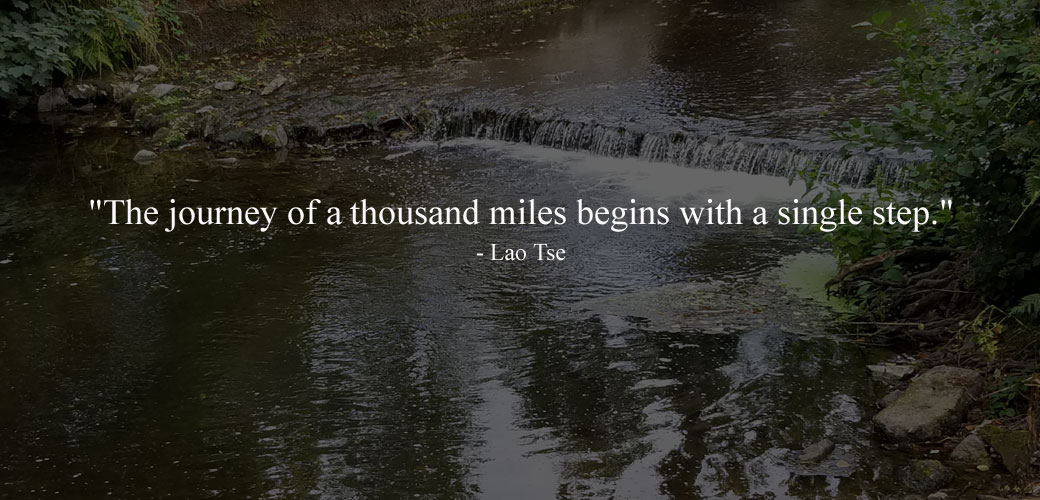Thrive Counseling provides individual and family therapy. A variety of modalities are available depending on your needs. There is no ‘one size fits all’ when it comes to therapy and your therapist will draw on a variety of techniques to meet your needs. We can help with trauma, depression, anxiety, mood, family dynamics, adoption, attachment and other symptoms and diagnoses. Please contact us to see if we can help.


Services Offered
EMDR trauma therapy has been recommended for me. What is it?
EMDR is a therapeutic technique that trained professionals can use to help people resolve traumatic memories. It helps many people and is thought to work quicker than traditional ‘talk therapy’.
The EMDR Institute tells us this about EMDR:
“EMDR (Eye Movement Desensitization and Reprocessing) is a psychotherapy that enables people to heal from the symptoms and emotional distress that are the result of disturbing life experiences. Repeated studies show that by using EMDR therapy people can experience the benefits of psychotherapy that once took years to make a difference. It is widely assumed that severe emotional pain requires a long time to heal. EMDR therapy shows that the mind can in fact heal from psychological trauma much as the body recovers from physical trauma. When you cut your hand, your body works to close the wound. If a foreign object or repeated injury irritates the wound, it festers and causes pain. Once the block is removed, healing resumes. EMDR therapy demonstrates that a similar sequence of events occurs with mental processes. The brain’s information processing system naturally moves toward mental health. If the system is blocked or imbalanced by the impact of a disturbing event, the emotional wound festers and can cause intense suffering. Once the block is removed, healing resumes. Using the detailed protocols and procedures learned in EMDR training sessions, clinicians help clients activate their natural healing processes.”
Ok-so what does that all mean exactly?
It means your Thrive Counseling EMDR therapist will walk you through the 8 phases of EMDR treatment. This includes prep work to make sure you have the therapy tools needed to tolerate the trauma work, the trauma work itself, and the rest is to help with future stuff around the targeted trauma. During the trauma part, your Thrive Counseling therapist will help you identify a distressing memory, ask you to hold that in your mind and apply movements (bilateral movements) that go back and forth-usually eye movements or tappers. After a short bit of time, your therapist will check in and ask what comes up for you-in memories, body sensations and feelings. You let the therapist know, then continue with the back and forth movements. This pattern typically continues until the distressing event is no longer distressing. If the end of the session happens first-usually the case-your therapist will help you contain the distressing stuff so you can go about your day.
For more information: www.emdria.org
Parenting adopted and foster care children can be difficult at best! Often parents have tried many things and have been to see many well-meaning professionals who may not fully understand the challenges and nuances of parenting a child who is adopted or who has been through the foster care system. Parents end up feeling blamed, hopeless, angry.
Your adoption competent therapist at Thrive Counseling can help with pre- and post-adoption therapy whether it is working with parents, adolescents or families at different stages. We understand the complexities of families coming together through adoption or the system and can help. Past experience has taught us clients and families need a combination of parenting sessions, family therapy and individual sessions.
When seeking attachment and adoption competent therapy, you can expect time to be devoted to parents regarding support, understanding and parenting strategies. Completing thoughtful parenting assessments are helpful for the clinician and parents to identify aspects of parenting and family of origin issues that impact parenting effectiveness. Family therapy sessions can help with increasing attachment. You and your therapist will work through difficult dynamics while considering the nuances of adoption, development, childhood trauma and cultural aspects that influence the coming together of families and adoption/attachment success. Your Thrive therapist can connect with key providers and school staff if you wish.
Adolescents who have been adopted or in foster care often have been to see many therapists over the course of their young lives. This takes its toll on them and their ability to trust yet another therapist. Well-intentioned therapists may have overlooked or been unaware of the importance of understanding the effects of adoption and foster care in therapy and the trauma that can be caused by these disrupted attachments.
At Thrive Counseling, adolescents can expect:
- To feel supported, listened to, and that their perspective matters
- A safe place to explore things individually that are overwhelming
- To receive trauma-informed and developmentally respectful therapy in modalities that work for them, meeting them where they are at emotionally, developmentally
- Family therapy with caregivers to address important issues such as seeing home as a safe place to explore the world, increase healthy communication with parents, how to increase ability to rely on parents to help get needs met, identifying and verbalizing needs in healthy ways, finding their voice to advocate for self
Thrive Counseling provides a variety of approaches for children and adolescents. Working with children and adolescents is a niche and Thrive therapists are competent at it with many years of experience. When working with children and adolescents, family work is an essential component and parents, as experts of their children, will be asked to participate in many sessions. Thrive therapists know change is not happening without parent support and involvement. Different modalities available include:
- Play therapy
- Sandtray
- Art
- EMDR
- TFCBT
- DBT (Dialectical Behavioral Therapy)